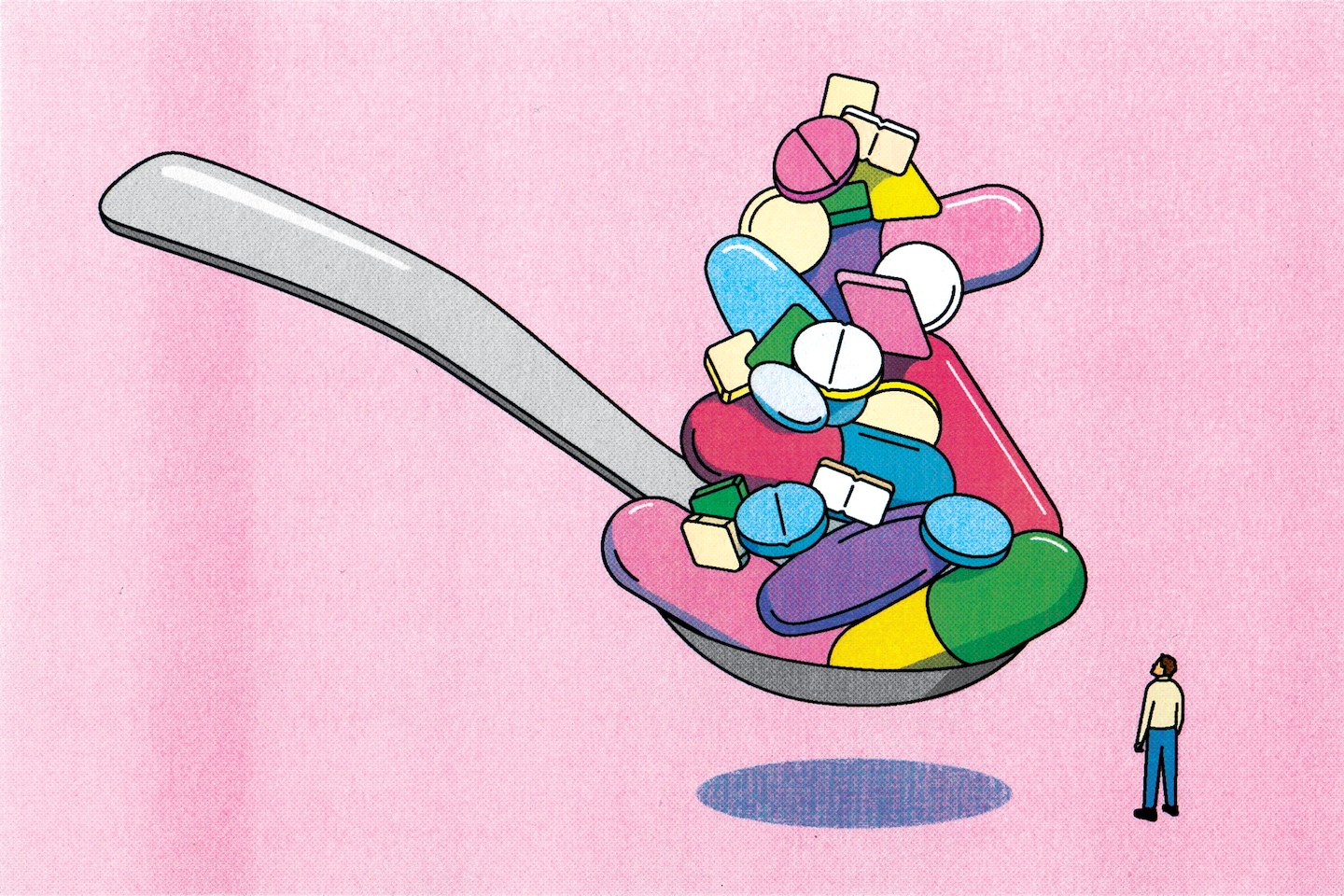Then one day, he popped the question: “Doc, when can I stop the Zoloft?” After all, he felt back to baseline without any symptoms and didn’t like the fact that the drug lowered his sex drive.
He asked me a critically important question that challenged the popular misconception that once a psychiatric medication is initiated, it has to be continued for the long term or even for life. It’s not just the public that believes this mistaken notion, but many psychiatrists do, as well.
In my patient’s case, he had had only one other depressive episode in his early 20s, after a romantic breakup, which resolved without any treatment. Given his history, I knew it would be safe to taper off and stop his Zoloft and follow him off any medication.
Psychiatrists, like all physicians, are trained to diagnose medical problems and then do everything they can to treat them into remission. We’re experts at prescribing medication but not so good “de-prescribing” drugs.
De-prescribing is the critical art of knowing when a drug or other treatment has served its purpose and can be safely stopped. This is due, in large part, to the fact that many illnesses, like depression, tend to be chronic, so the assumption is that lifelong therapy is required.
But that is not always the case.
Even chronic diseases, like depression, can be intermittent and highly variable from person to person. For example, if you’ve just recovered from your first episode of depression, your risk of having another one during the first year after stopping medication is in the range of 33 to 50 percent.
That means that at least half of people who recover continue to do well off medication, although the lifetime risk of recurrence of depression after one episode is about 60 percent. Still, that episode could be many years away.
What this means is that for those who’ve had just one episode of depression, it’s probably safe to consider stopping treatment after they’ve had a solid period of recovery, typically six months to a year of treatment.
There are some important exceptions. For those who had a particularly serious first episode of depression, involving a suicide attempt or major disruption in functioning, stopping treatment could present an unacceptable risk, so long-term treatment is advisable. Ditto for those with a history of many depressive episodes because the risk of relapse over time is quite high. Each new episode of depression adds an additional 16-percentage-point chance of recurrence, so if you’ve had five episodes of depression, the chance you’ll have another is about 80 percent.
And there are chronic problems like bipolar disorder and schizophrenia for which lifelong maintenance therapy is required because the risk of relapse after stopping medication is known to be extremely high.
De-prescribing popular anti-anxiety drugs
There are other clinical situations where de-prescribing is very important. One involves the use of popular anti-anxiety medications called benzodiazepines, which include Klonopin, Ativan, Xanax, Valium and the like.
These are fast-acting, highly effective drugs that can be helpful in treating various types of anxiety, but they can be habit forming and have serious potential adverse effects over time.
Benzodiazepines are generally safe and effective, but they are designed to be used on a limited basis. Unfortunately, what happens too often is that clinicians start these drugs for patients, typically in the face of a significant life stressor, and then continue the treatment long after it resolves.
Benzodiazepines are often used to alleviate the anxiety and insomnia of depression, while we are waiting for the antidepressant to take effect, which usually takes several weeks. Once the patient is feeling better, the benzodiazepine should be stopped, but it is often continued simply out of habit or because a patient mistakenly thinks it’s necessary to his well being. To avoid a conflict, clinicians too often cave in to the demand.
But failing to de-prescribe a benzodiazepine like Klonopin or Ativan can be harmful because these drugs can have adverse, though reversible, cognitive effects, like impaired memory and focus. They can also slow reflexes and increase the risk of falling, which is potentially hazardous for older people.
The problems with ‘polypharmacy’
There’s probably no clinical situation that calls for rational de-prescribing more than “polypharmacy” — which is the use of multiple medications at the same time.
For example, one depressed patient was started on Lexapro but didn’t respond. Wellbutrin, a different antidepressant, was added, but that didn’t help either. Next, Zyprexa, an antipsychotic that has antidepressant effects, was thrown into the mix. The patient felt better but complained of sedation, so a small dose of the stimulant Adderall was added. Now, the patient was on four medications, felt better but had a lot of undesirable side effects.
To be clear, there is a strong empirical basis for using multiple medications in “augmentation treatment” for various psychiatric disorders. But there is a lot of irrational polypharmacy that results from failing to decide at every step along the way whether a previous treatment was helpful. If it wasn’t, that drug should be stopped before starting another.
Otherwise, you end up with a psychotropic drug soup and cannot tell which drug is responsible for the benefit or undesirable side effects. Slowly de-prescribing one drug at a time can be helpful in this situation.
Depending on your problem, if you’ve benefited from treatment and don’t have any symptoms, it’s reasonable to ask your clinician whether it might be possible to stop treatment and be carefully followed off medication. Never stop a psychiatric prescription without checking with your doctor first.
And if you are taking different types of psychotropic drugs, you should have a discussion with your provider to see whether cautious de-prescribing could simplify your complex treatment without loss of benefit.
You might be pleasantly surprised to learn that often, less is more.
Getting You Seen Online
Thank You! Source link
